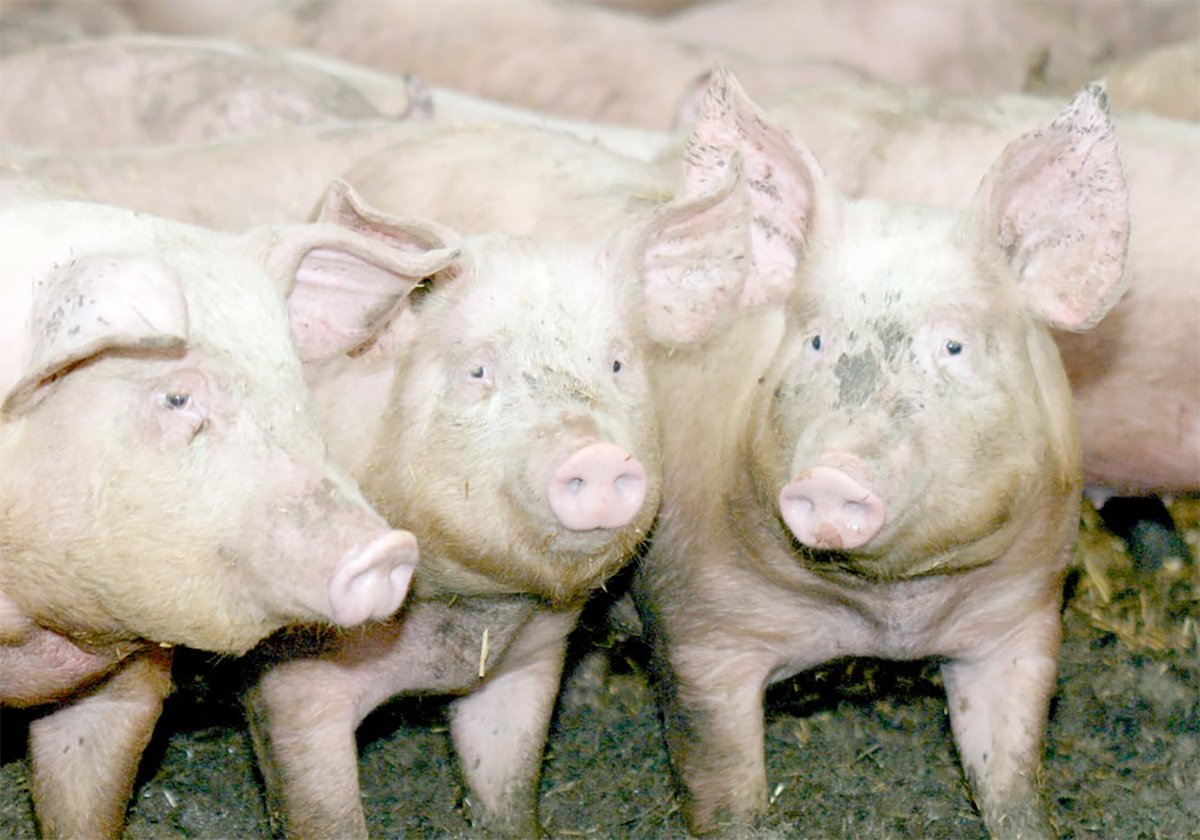POWELL RIVER, B.C. – Farming in a unique setting has given Max and Elaine Steiger a lifestyle they’ve enjoyed for 30 years.
As one of the few farms in this coastal area north of Vancouver, the Steigers have turned their Mountain Ash Farm into a tourist attraction that lures guests who want to wander the paths to see animals or have a picnic. Later, they can stop at a country store to pick up homemade preserves and imported foods.
Powell River, located on the Sunshine Coast of British Columbia, is supported by the pulp and tourism industries. The community of 22,000 is the home of the first pulp mill on the West Coast and was declared a national historic site in 1995.
Read Also

The Western Producer Livestock Report – November 13, 2025
Western Producer Livestock Report for November 13, 2025. See U.S. & Canadian hog prices, Canadian bison & lamb market data and sales insights.
Elaine was a farm girl from Cranberry, now a suburb of Powell River, and Max emigrated from Austria. They saw a quiet farm as a good place to raise their five children.
Other ideas considered
When Max took early retirement from his job as electrician at the pulp mill, they tried a number of farming ventures before settling on the tourism angle on their 43 acres.
They raised pink veal for two years and had a herd of 46 Simmental cattle. The workload and the price of feed, at nearly $300 a tonne, made them think twice about continuing with cattle.
“It was nothing but work,” said Max.
They decided to open their farm to the public to show where food comes from.
They have llamas, emus, exotic birds, miniature donkeys, some cows and recently expanded into Boer goats for the meat market.
In addition, they have a retail store off the side of their house to sell kitchen gadgets, Elaine’s pickles and jams, as well as other locally produced food items.
They are associated with the B.C. Cottage Industry Association to get quality goods for the store. They feel items made by individuals are of higher quality and are more unique than mass-produced items.
“Their personal integrity is on the line,” said Elaine.
The preserves include everything from pickled quail eggs to jams and pickles made from vegetables in Elaine’s garden. To keep up with demand she has found herself in the kitchen making pickles at midnight.
Pricing is based on her cost of production, cost of jars, ingredients, her labor at $8 per hour multiplied by 33 percent to arrive at a wholesale price.
They are in a municipality that has few zoning restrictions. The only rule they must follow is a regular check on water quality by the health department. Elaine has also taken food safety courses.
Don’t feed the animals
While some call theirs a petting farm, the Steigers don’t feel that description fits. Their animals are kept in a natural setting so people can see what they look like on a working farm. They don’t sell feed and people are discouraged from feeding or handling the animals.
“We found by not feeding them the animals are just as friendly and the kids relate well to them,” she said.
“You can make a lot of money from a sack of feed at 25 cents a handful, but to us it wasn’t worth it,” she said.
Strict rules are posted at the front gate and Max doesn’t allow anyone to break them. He feels responsible for the animals’ welfare and insists guests treat them properly.
Next year the farm won’t be open to the public because the Steigers want a change. What led the way was the switch to meat goats.
“We are still going to do school tours,” said Elaine. “It’s a lot of fun and I think it’s important they know where their food comes from.”
The Steigers can handle 100 breeding does. They bought their first 50 last spring even though they only planned on starting with 10.
“We thought we were going to go into it slowly,” Elaine said.
Rather than breeding animals, they want to sell goat meat to the large ethnic market on the West Coast. The Lower Mainland has a large base of Mediterranean and southeastern Asian groups who regularly eat goat.
The Steigers have already found a provincially inspected processor in Victoria that will handle their goats.
“The market is there. We just have to learn to produce what that market wants,” she said.















